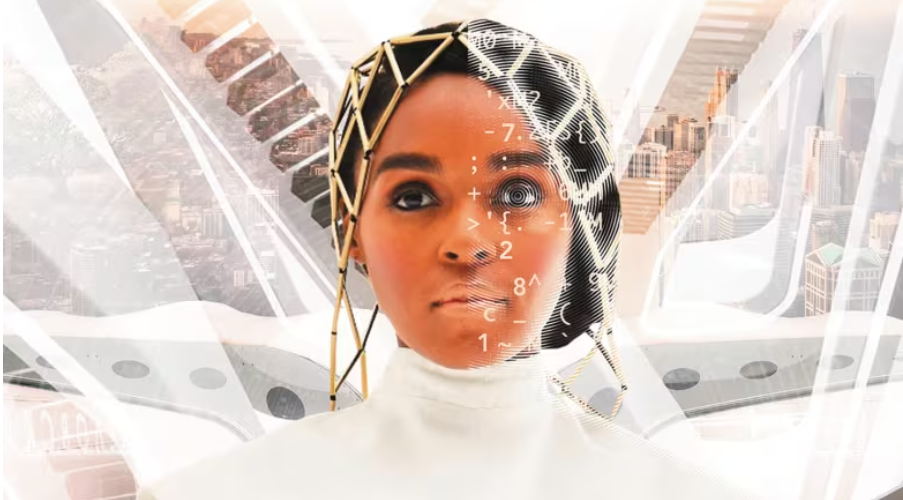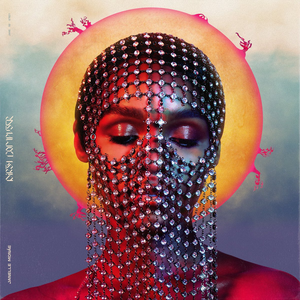
The society Donna Haraway imagines in her article “A Cyborg Manifesto” from 1985 is one in which gender and other conventional divisions, such as those between humans and machines, are obsolete. Haraway’s idea of the cyborg—a hybrid being that defies these distinctions—provides a means of envisioning a post-gender society in which identity is fluid. Years later, on her 2018 album “Dirty Computer,” Janelle Monáe goes into these concepts by imagining a dystopian future in which those who reject traditional norms—particularly those pertaining to race, gender, and sexual orientation—are faced with persecution.
In her manifesto, Haraway makes the case that rejecting fixed identities and embracing hybridity may be strategies for opposing oppressive power structures. Monáe adopts this concept in “Dirty Computer,” where she imagines a society in which individuals who rebel against social norms—such as Jane 57821, her main character—are branded as “dirty” and made to undergo “cleaned” treatment by an oppressive government. This idea of “cleaning” is quite close to the metaphor of the cyborg that Haraway uses to dispel the idea that individuals must perfectly fit into particular groups. Monáe’s “dirty computers,” like the cyborg, are in a constant state of change, representing the possibility of changing identities.
Haraway’s vision of a post-gender society is embodied in songs like “Make Me Feel” and “PYNK.” The song “PYNK” by Monáe celebrates the liberation to exist outside traditional gender norms by embracing femininity and queerness. In a comparable way, Haraway’s cyborg challenges strict stereotypical gender thinking by implying that identity may be more inclusive and versatile. Monáe offers this concept a modern, queer twist in *Dirty Computer*, using her music and visual art to challenge societal norms that aim to categorize and limit people.
Identity is something to be transformed and reconstructed, instead of something to be accepted or dictated, according to *A Cyborg Manifesto* and *Dirty Computer*. The issues Haraway outlined are explored in modern fashion in Monáe’s record, which presents a bold, future picture in which resistance and fluidity could result in empowerment.





